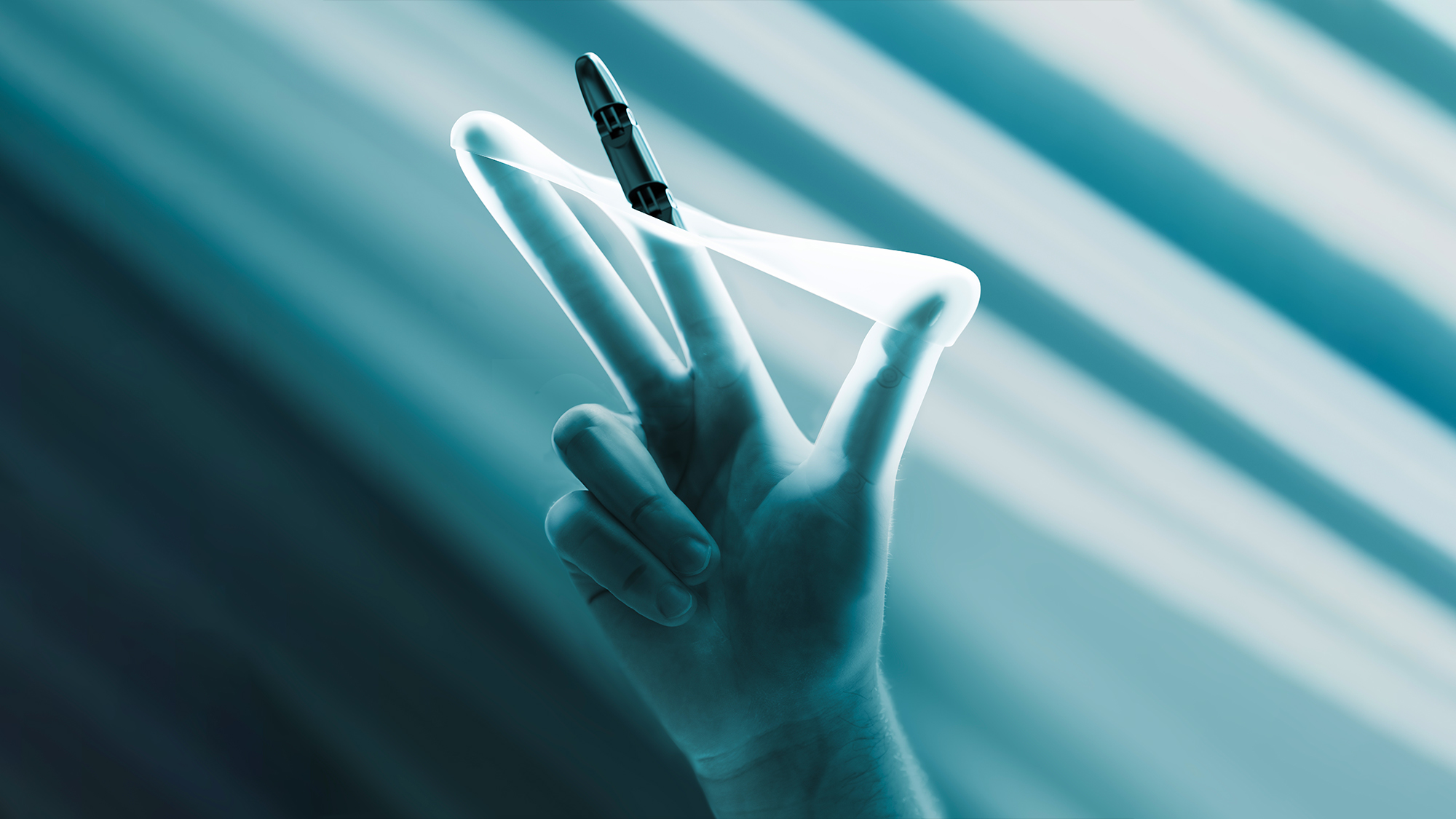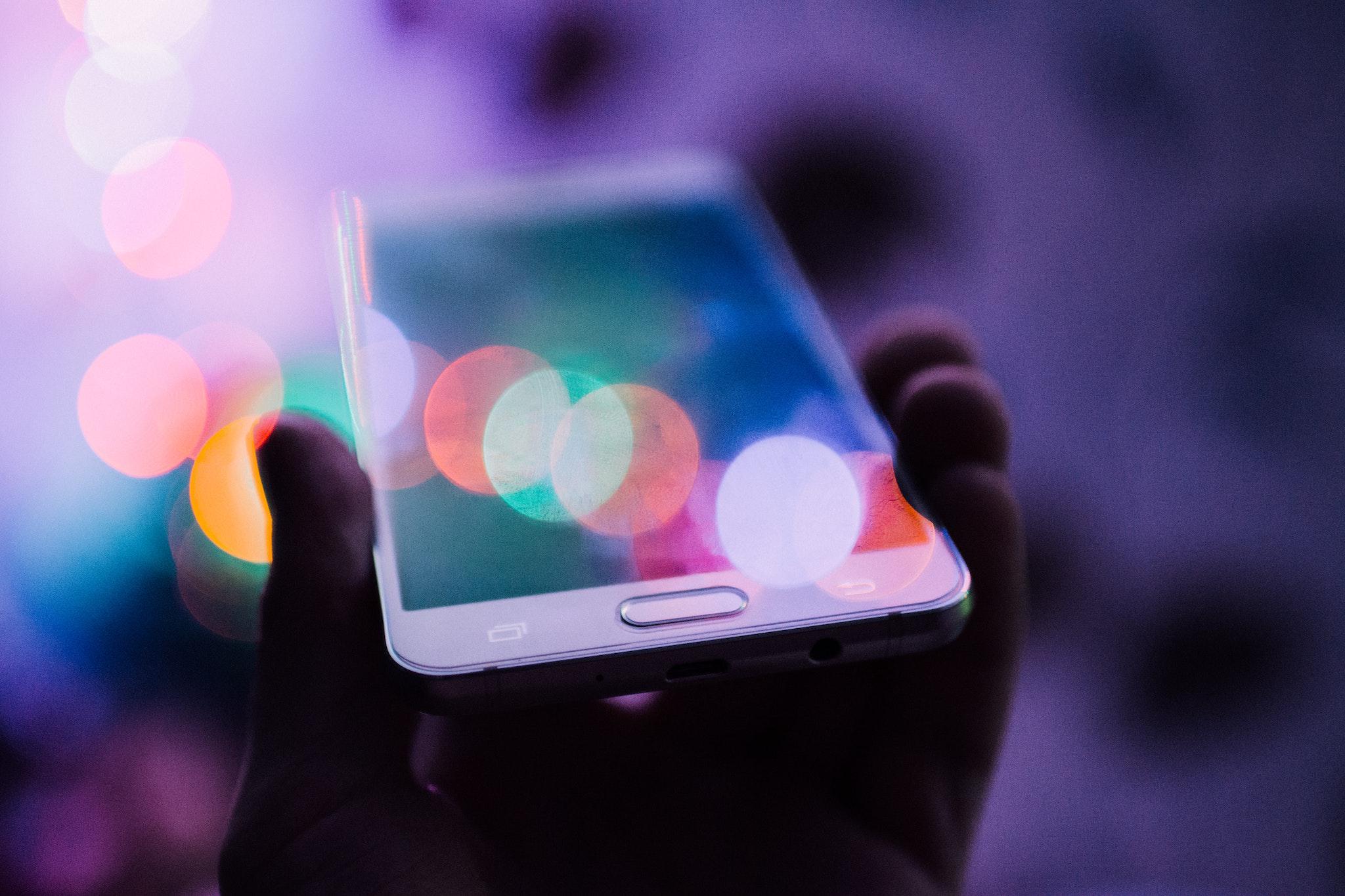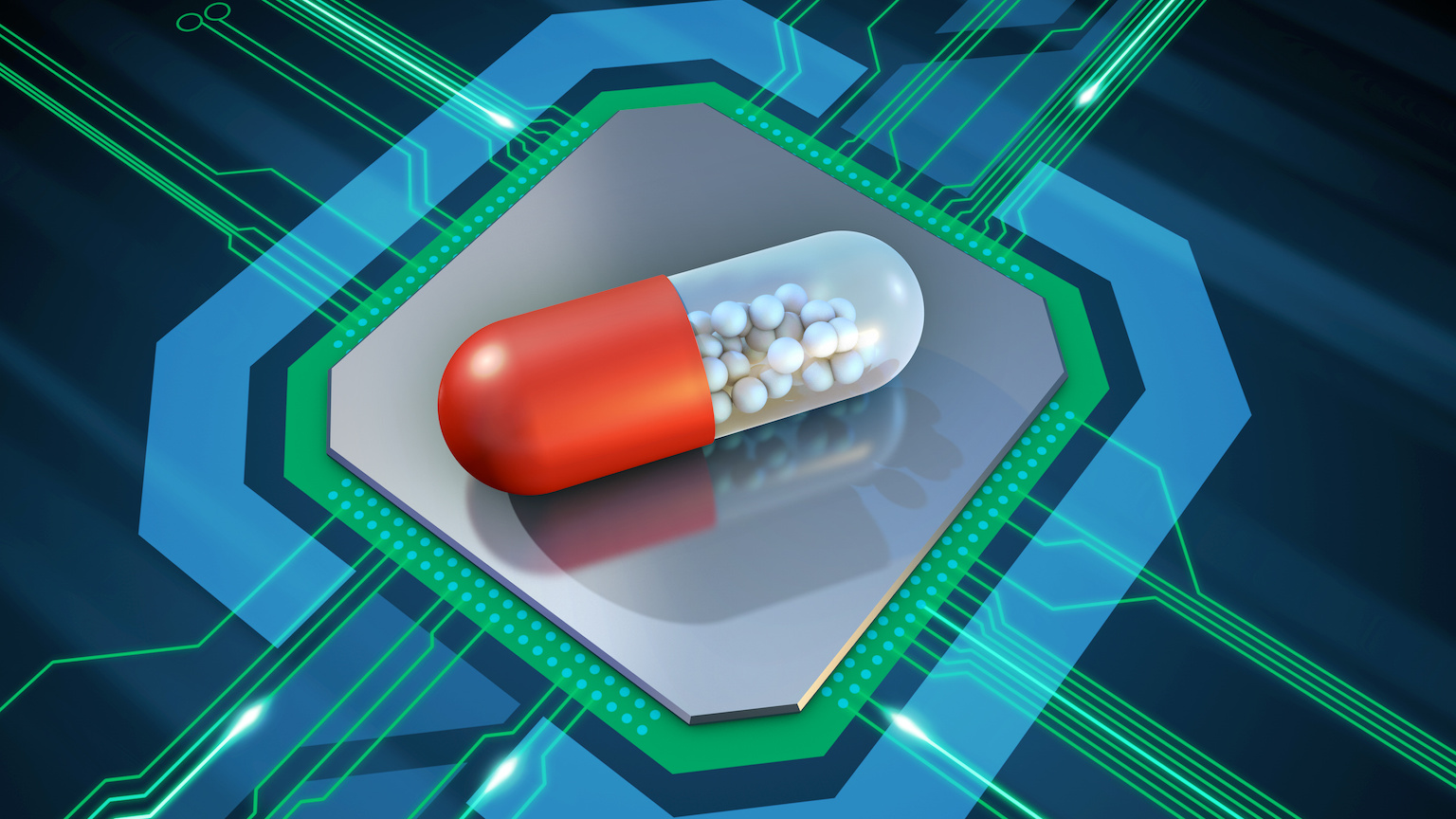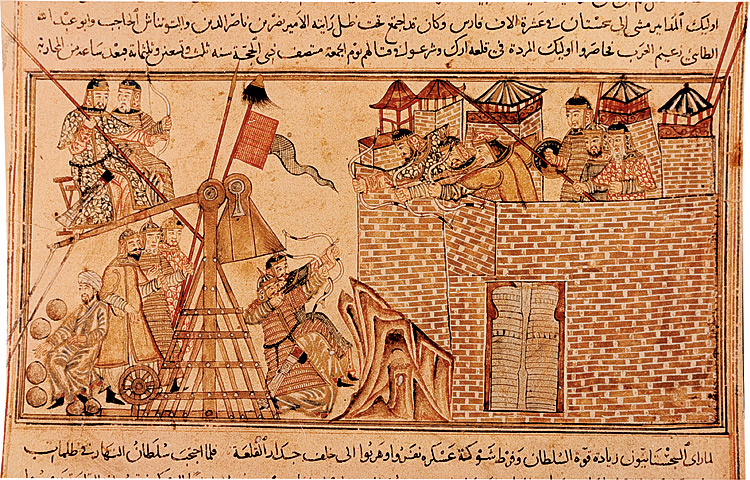The dream of transhumanism: Are we merely human — or are we something more?

- Humans are not what we were before — not even what we were a few decades ago.
- Humanity is slowly transforming: It is evolving into a new species by hybridizing with technology.
- We must hope the new humans will be wise, for Brave New World is not a good model for our future.
How do we define a human? Do our bodies define us? Do our minds? Our genome? Our behaviors? What about our self-awareness and our compassion? Are we a combination of all of these and something more?
The dream of transhumanism
Last week we addressed the issue of whether an AI program can be sentient. It seems natural to follow up with the human side of the story by touching on the transhuman dream, our full transformation from carbon into information. What may seem now to be obvious human traits will become less so as we grow progressively more integrated with technology both inside and outside our bodies. This is no sci-fi dream. It is already happening.
Transhumanism, according to the American English dictionary from my Apple laptop, is defined as “the belief or theory that the human race can evolve beyond its current physical and mental limitations, especially by means of science and technology.” It sounds like something from a futurist novel — people flying around on purple wings, or people with translucent (bulletproof?) skin, some of them able to lift cars with one hand, others gifted with prodigious memories. Even more exciting, all of the above.
If you have a purist definition of what it means to be human — one without any intervention from outside gadgets — it is time to come to terms with reality. Apart from some isolated communities, almost no one in modern society is purely human. Our integration with technology is pushing us to evolve into something else.
Consider, for example, medication. If we take a drug that changes our chemistry, for example one that treats depression or high blood pressure, we are not the same. We are who we were before, plus the medication. That’s not quite the same as going beyond our current human state, but it is a change. A drug like Ritalin, on the other hand, brings about a greater transformation. That’s why it is such a prize among college students, as it enhances cognitive faculties that supposedly help during exams. The movie Limitless takes this concept to its extreme. Transhumanism, though, is no longer limited to the realm of the fictional.
Vitamins, superfoods, and protein powders are doing the same thing, enhancing performance (sometimes illicitly, as in the sad case of Lance Armstrong), strengthening the immune system, improving memory, and boosting sexual energy.
Then consider prosthetic limbs. Should an athlete with carbon fiber prosthetic legs, designed to give extra propulsion, compete with others that do not have the same technology? South African Olympian Oscar Pistorius had his feet amputated due to a congenital defect. He ran in the 2012 Olympic games, despite heated controversy that his prosthetics gave him an unfair advantage. What if he had won? (Pistorius, as the reader may recall, was convicted of murdering his girlfriend and is serving a prison sentence until 2023.)
Can humans handle the transformation?
We are already in the transhuman era. Looking beyond vitamins and performance-enhancing drugs, who can be without a cell phone? Mobile phones are an extension of who we are. They are indispensable to our everyday lives. Forgetting your cell phone at home brings up a sense of loss, of disconnection: no memory, no schedule, no music, no camera, news, email, maps, GPS, Facebook, Twitter, games, or texts from friends and family. Every app is an extension of our mental faculties, especially functionality apps.
Every cell phone is unique. People choose apps that reflect who they are. Even if there are obvious overlaps between different people, each phone is unique to its owner. The phone and its owner are one.
For an era where the highest prize goes to information, where we can be linked to huge amounts of data with a couple of commands, where we can connect by video to people across the planet, cellular devices are a means of extending our presence, of redefining the reality in which we live. They offer a path to digital omnipresence and omniscience: You can “be” everywhere, and you can “know” everything. Our brain is no longer just the gray mass inside our head. Through its digital tentacles it now extends itself, and ourselves, out into the world. This is quite different from a tool, or a pair of glasses.
Transhumanism will only grow. Technological devices will be implanted in our heads and bodies. They will change our senses and cognitive abilities. Why see only in the visible portion of the electromagnetic spectrum? Let’s go ultraviolet! Infrared! Let’s extend our hearing range, our memory capacity, our immune defenses, our life span, and our brain power. And we haven’t even touched on biogenetic engineering, which can turn the dreams of purple wings into a reality, eventually.
The question that no one has answered, though, is what this will do to our species. Will we reinvent ourselves, taking evolution into our own hands? It seems that we are already doing this. Will we thus become less human? It seems so, but “less” may be a misnomer. We are becoming something else. We are becoming a new species. Let us hope that whatever we become, or whatever some of us become, will be wise enough to deal with the unavoidable inequalities that will surely follow. Brave New World is not a good model for our future.





